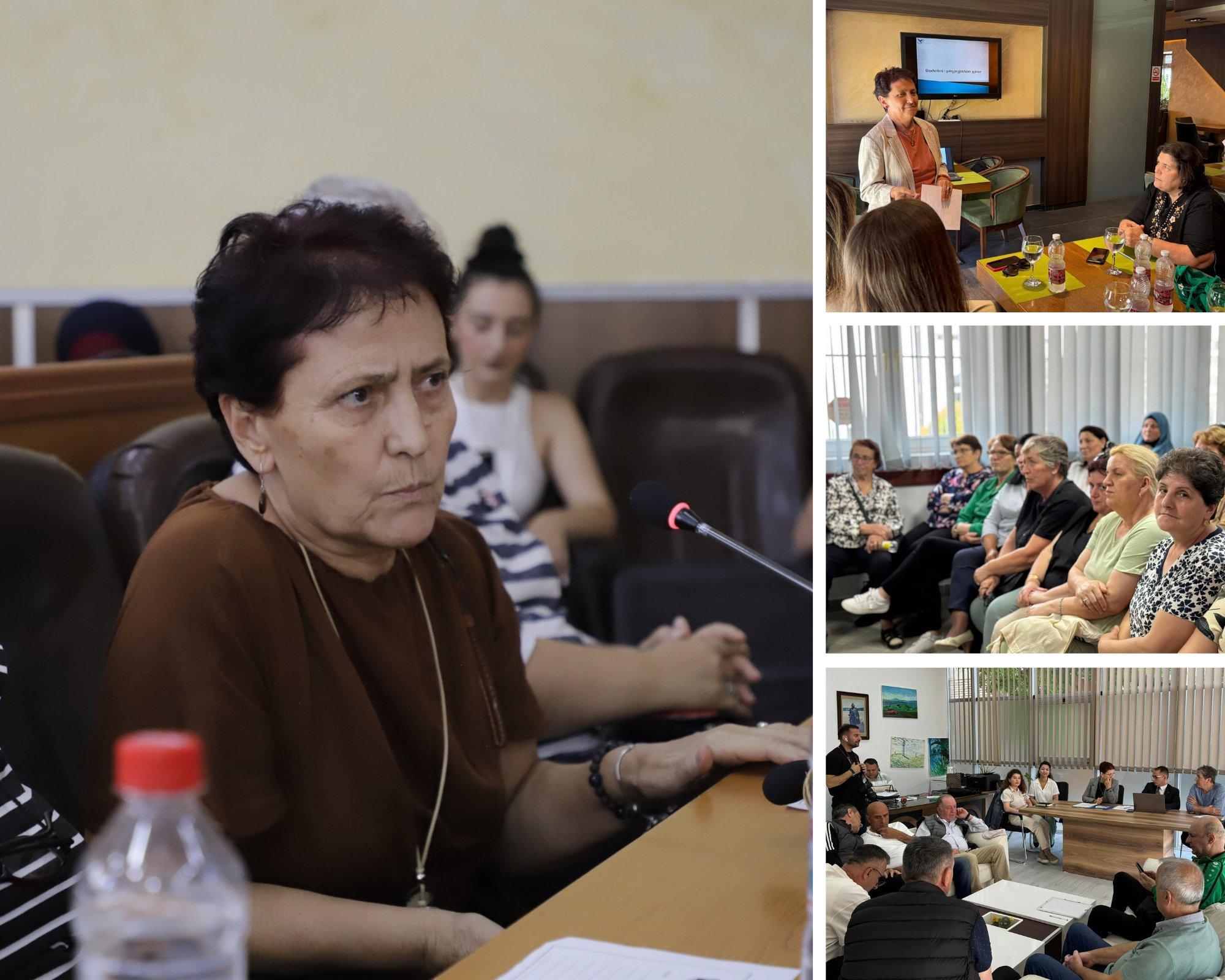The Mitrovica Women’s Association for Human Rights (MWAHR), a member of the Gender Budget Watchdog Network (GBWN) and a sub-grantee of the project “Gender Budgeting as a Transformative Budget Tool for Municipal Institutions” (2023–2024), has been at the forefront of promoting gender-responsive budgeting (GRB) in South Mitrovica (Kosovo). Through persistent monitoring, advocacy, and community engagement, MWAHR has helped advance transparency and accountability in municipal budgeting ensuring that women’s voices are heard and reflected in decision-making.
As part of this project, MWAHR carried out detailed budget monitoring in the Municipality of South Mitrovica, covering six key directorates: Agriculture, Administration, Health, Social Welfare, Finance, and the Employment Agency. This work highlighted both achievements and gaps in integrating gender perspectives into local spending.
When tradition meets empowerment
One tangible success has been the organization of fairs showcasing women’s products. These events offered visibility, sales opportunities, and strengthened women’s economic independence. For many local women, a single fair provided crucial income for their families. Over 30 women entrepreneurs benefited significantly, while hundreds of community members connected with women-led businesses. Building on these achievements, MWAHR worked closely with the Municipality of South Mitrovica to ensure that gender equality objectives were, for the first time, incorporated into the Medium-Term Budget Framework (MTBF). Through consultative meetings with the directors of Finance, Agriculture and Rural Development, Public Administration, Social Welfare, and Youth, Sports, and Culture, MWAHR secured commitments to expand scholarships, healthcare support, and cultural and sports programs for women and girls.
To further extend its impact on the public, MWAHR produced a documentary video, capturing key moments from the consultative meetings and voices from citizens and officials. This documentary, together with the published report, ensures that the lessons and successes of the initiative remain accessible to a wider audience and continue to inspire change.
It’s not just about stats or frameworks—it’s about mothers, sisters, entrepreneurs, neighbors who dared to speak up and shape their futures. This initiative demonstrates how real inclusion can transform community life especially when those voices come from women who know their families, their neighborhoods, and their needs. MWAHR shows us how community-rooted advocacy can shift city policy.


